Artist: Burial Album: Untrue
Year: 2007Duration: 50:53
Unfurling the Hidden Depths of Burial's Untrue: A Critical Review
Music is often dubbed as the universal language of emotions, and in the case of Burial's Untrue, it couldn't be more true. Released in 2007, the album has cemented itself as a milestone in the genre of dubstep, marking a significant shift from the brash and aggressive style we've come to associate with the sound. Instead, Burial's album is a sonic journey that is as hauntingly beautiful as it is emotionally draining. In this review, we'll delve deep into the hidden depths of Burial's Untrue, exploring its history, the genre it falls into, its standout tracks, its innovative elements, and our personal take on it.
Let's begin by talking about the artist himself. Burial is the one-man project of London-based musician William Emmanuel Bevan. He first burst onto the scene in 2006 with his self-titled debut album, which gained critical acclaim for its unique merging of garage, dub, and ambient music. Bevan's music is known for its heavy use of samples, typically taken from obscure or forgotten songs from the 90s. Bevan's anonymity is another striking aspect of his artistry, as he seldom performs live or gives interviews.
Untrue, the album we'll be focusing on, is widely regarded as Bevan's masterpiece. At its core, Untrue falls under the broad genre umbrella of dubstep, which originated in the early 2000s in London's underground music scene. The genre is characterized by its heavy basslines, syncopated drums, and the use of electronic instruments to create a futuristic sound. By the time Untrue released, dubstep had become mainstream, and Bevan's album stood out for its distinctively dark and introspective feel.
The album's standout tracks are many, but a few noteworthy ones include Archangel, Near Dark, and the titular Untrue. Archangel opens with a looped vocal sample that is hauntingly beautiful, standing out from the distorted drums and deep bass. Near Dark features chopped and screwed vocal samples that create a sense of unease, while Untrue features an ethereal female vocal loop that is equal parts melancholy and hopeful. The album as a whole feels like a journey, one that takes us through the darkest recesses of the artist's mind.
The most innovative aspect of Untrue is undoubtedly its use of samples. Bevan takes snippets of old R&B tracks, chops, screws and manipulates them beyond recognition, resulting in atmospheric soundscapes that feel otherworldly. The album's structure is another unique element, with tracks often blending into one another, creating a cohesive whole that is greater than the sum of its parts. The use of sound effects like bird chirps and street noise add an ambient quality to the album that further immerses the listener in its world.
While Untrue is widely acclaimed, it's not without its criticisms. Some argue that the heavy use of samples is lazy and takes away from the originality of the album. Others feel that the repetitiveness can become dull after a while. However, these criticisms are outweighed by the album's strengths, its emotional power and the way it manages to transport listeners to a different realm.
In conclusion, Burial's Untrue is a masterful piece of work that has stood the test of time. It's a genre-defying album that merges elements from various genres to create a unique sound that is both haunting and beautiful. The album's use of samples, the structure, and the ambient quality make it an immersive experience that can transport listeners to a different realm. Whether you're a fan of electronic music or not, Untrue is an album that deserves your attention, even if it's just for its emotional power.
SIMILAR BANDS
balls, from 1 to 5, describe similarity between the two bands
SOMETHING NEW? LISTEN TO RADIOGENRE
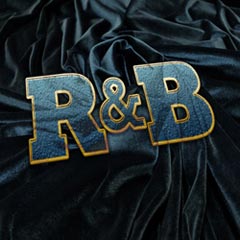 R&B
R&B MTS Management Group
MTS Management Group Blues
Blues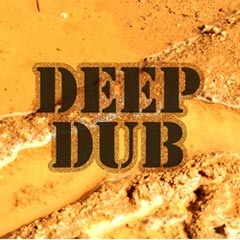 Deep dub
Deep dub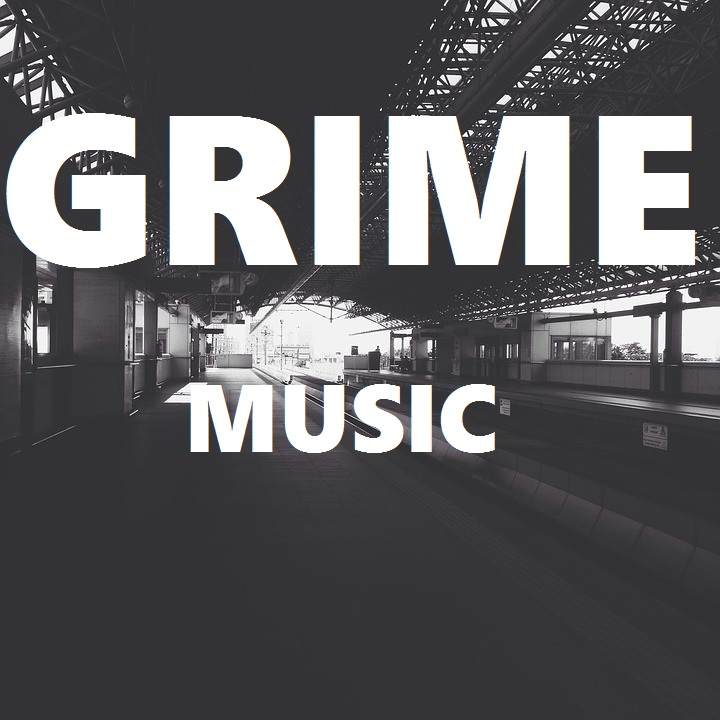 Grime
Grime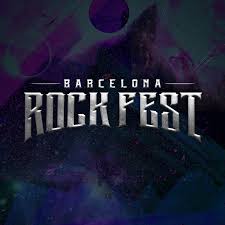 Rock Fest Barcelona
Rock Fest Barcelona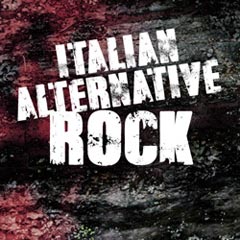 Italian rock
Italian rock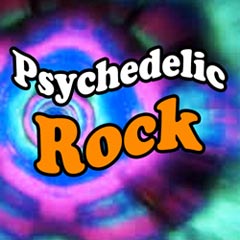 Psychedelic rock
Psychedelic rock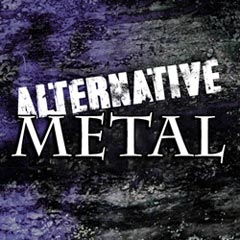 Alternative metal
Alternative metal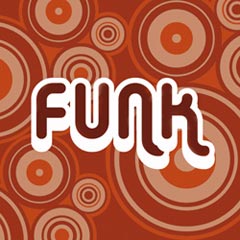 Funk
Funk
SUGGESTED PLAYLISTS

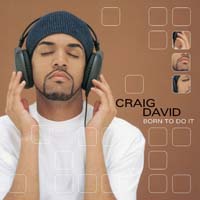
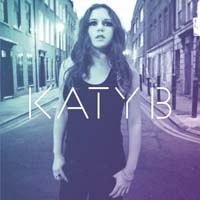

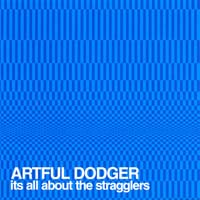
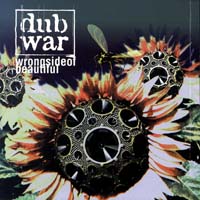
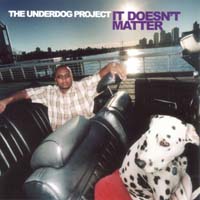

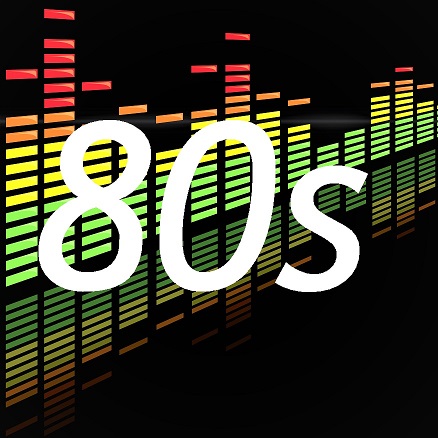 Inside the magic 80s
Inside the magic 80s The very best of industrial metal
The very best of industrial metal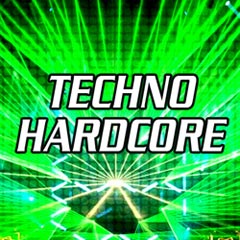 The very best of techno hardcore
The very best of techno hardcore Best indie songs
Best indie songs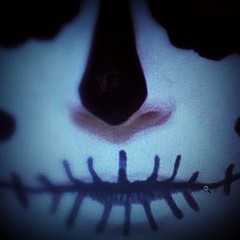 The torments of the dark rock
The torments of the dark rock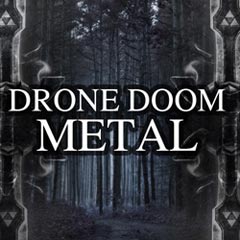 The very best of drone doom metal
The very best of drone doom metal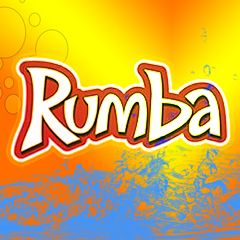 The very best of rumba
The very best of rumba The music television
The music television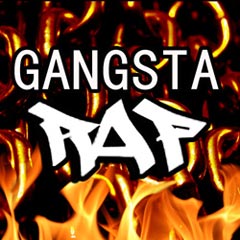 The very best of gangsta rap
The very best of gangsta rap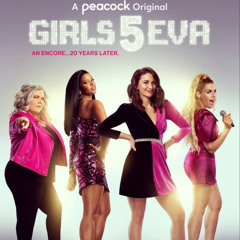 The Songs of Girls5eva, serie tv soundtrack
The Songs of Girls5eva, serie tv soundtrack